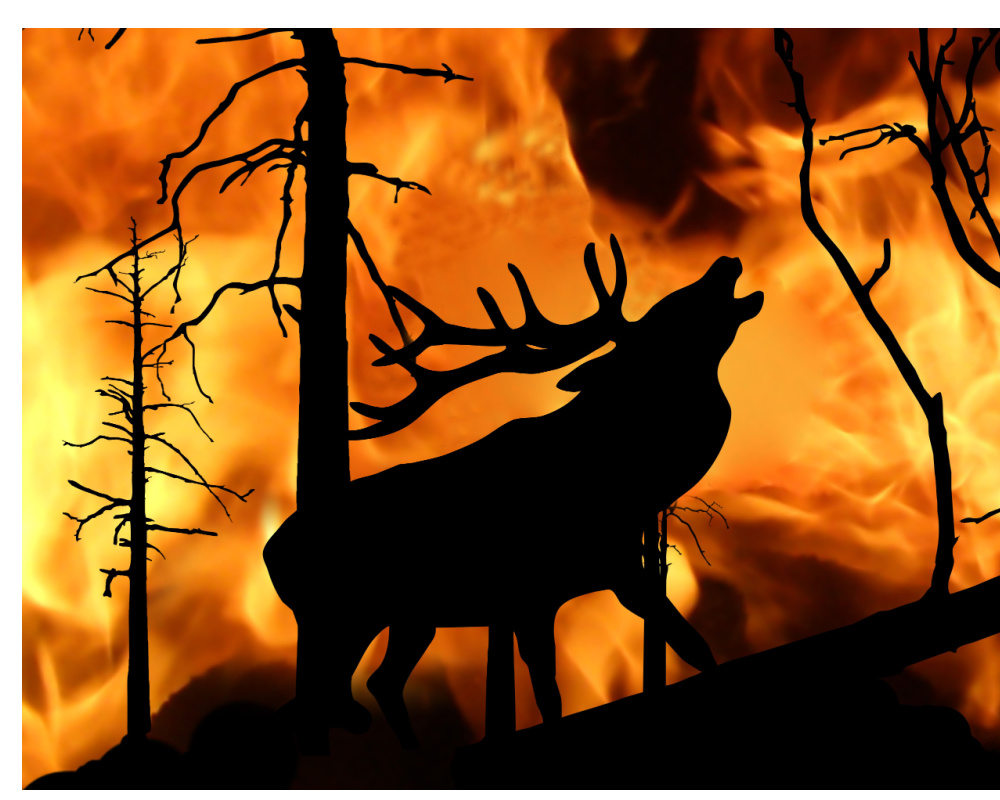Sometimes, you feel like a deer running from a forest fire. Crackling flames of difficulty, inconvenience, and annoyance hem you in on both sides while dark smoke billowing down from the burning trees makes the path invisible. Up above, the lightning that lit the fire continues to flash, and claps of thunder seem to split the world in two.
Just as you reach the open fields and arrive, panting, at a deep uncrossable river—hoping to get a drink of water at least before you die—you catch sight of the ferocious glint of a marksman’s arrow to your right. Naturally, you jump into the air and glance off to the left. You notice a lion crouching for a spring in the tall, dry grass.
We’ve all been there—not literally, but still. Family troubles, a mean boss, health issues, every kind of disaster. Small or large problems pile up until we’re ready to groan in despair. Above, storm; behind, fire; ahead, river; to the right and left, hunter and predator.
Trapped like that, it’s easy to see the present realities and miss future possibilities. It’s easy to wring our hands, to moan in short-sighted despair, self-pity, and complaint. It’s easy to become part of the problem rather than overcome it.
But taking the easy way out and giving in to defeat is the most challenging path. Complaining only makes our problems seem more significant and more distorted. It solves nothing, and it just annoys those around us. Plus, it isn’t very comfortable to look back on.

With calm resolution, the deer, caught between water, fire, and foes, takes the one step that lies clear in front of her; she bends to the water, refreshing herself with a drink.
So instead of letting trouble take control, the deer takes comfort in the little thing trouble has left her. While it might be tempting to despise life’s little things in the press of desperate circumstances, they’re worth being appreciated. And appreciating them builds courage and brings hope.
The choice trouble always confronts us with—the choice between complaint and courage—may seem personal, a matter of taste. But complaints chain those around us to our petty troubles; courage on our part frees them and ourselves. If you find your troubles heavy, why burden someone else with them too? Hope is always the happier choice.
And who knows? Perhaps the storm will break, thunder’s clap will disrupt the hunter’s aim, and the arrow will strike the lion. Instead, the falling rain will quench the forest fire, and the deer, refreshed and strengthened, will return, with calm courage all intact, to her waiting home.




